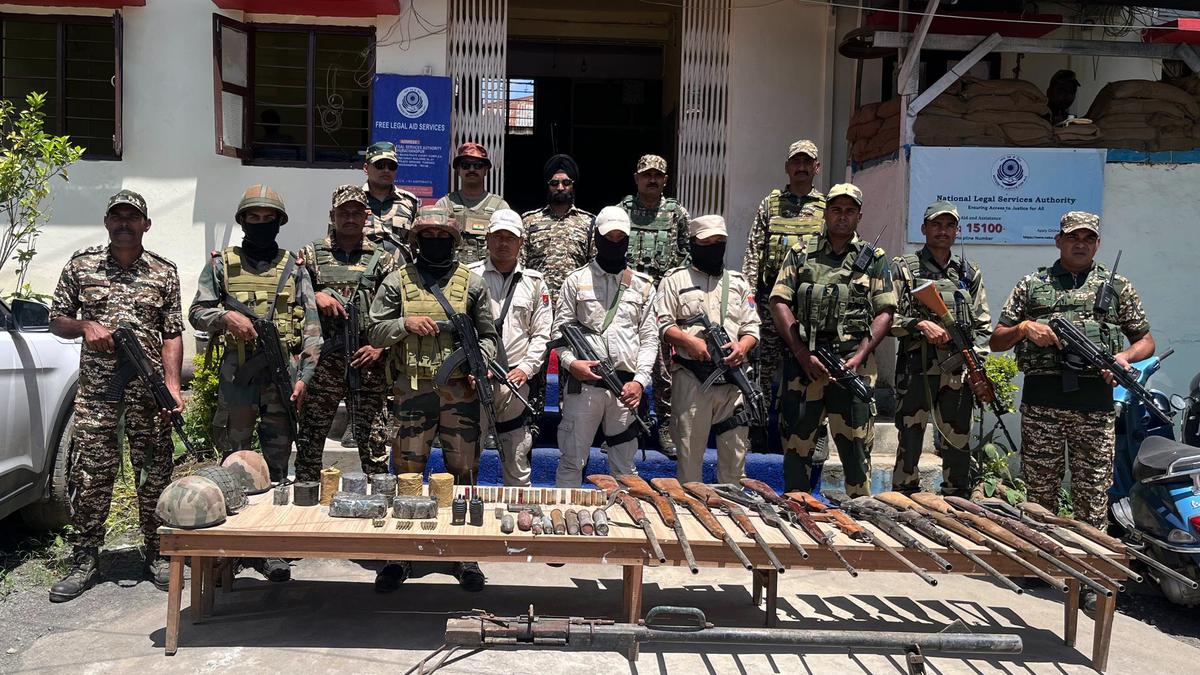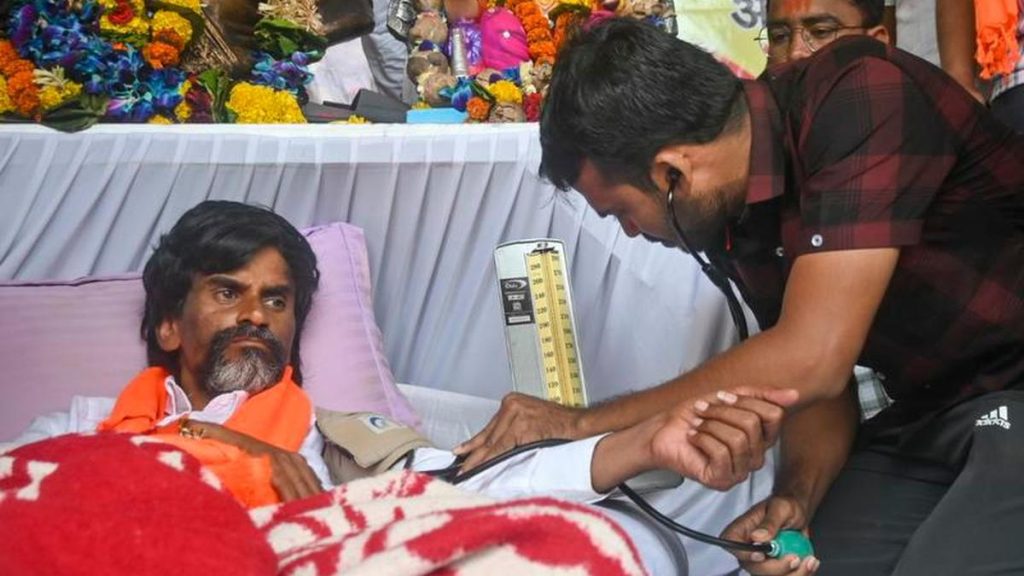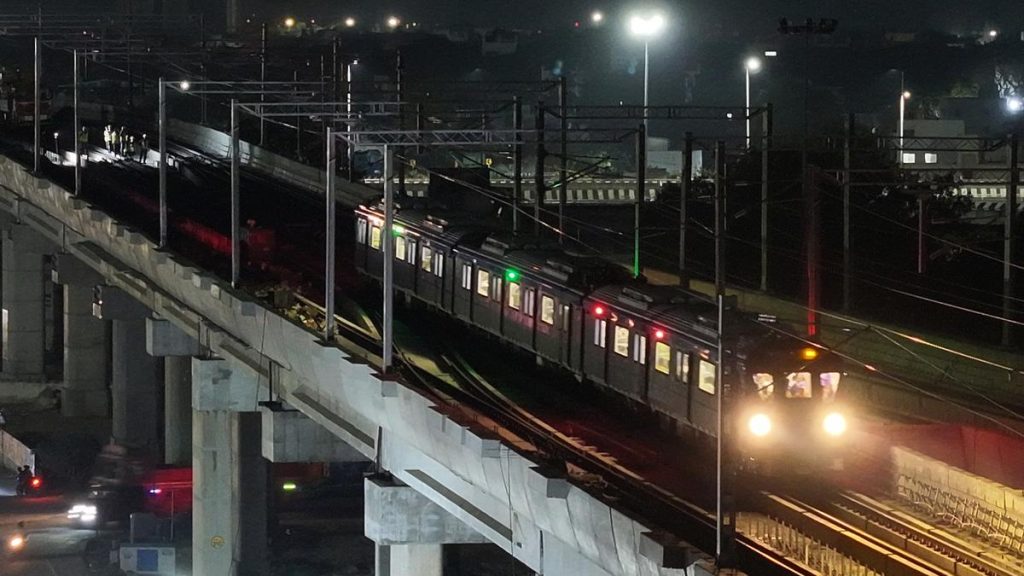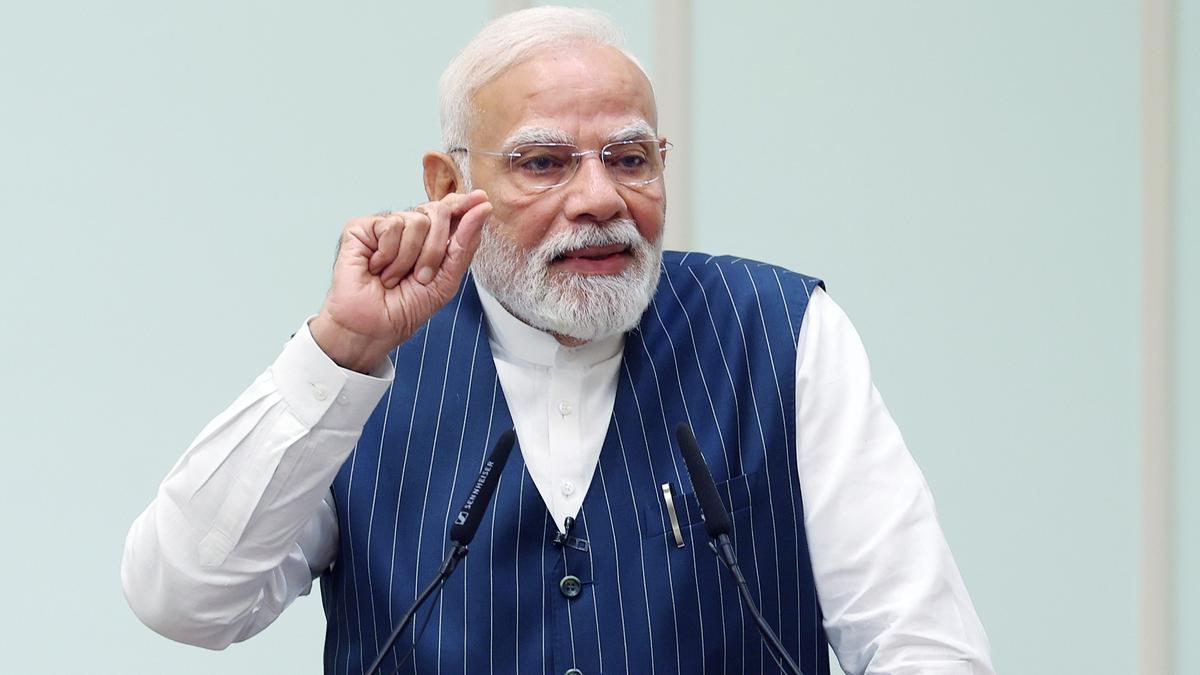Now Reading: Centre Revises Pact to Enforce Stricter Norms on Kuki-Zo Groups
-
01
Centre Revises Pact to Enforce Stricter Norms on Kuki-Zo Groups
Centre Revises Pact to Enforce Stricter Norms on Kuki-Zo Groups

Quick Summary
- A revised Suspension of Operations (SoO) agreement was signed on September 4, 2025, between the Ministry of Home Affairs, Manipur government, and 24 Kuki-Zo insurgent groups.
- Cadres must obtain Aadhaar cards to receive their ₹6,000 monthly stipend through Aadhaar-linked bank accounts; stipends were earlier paused after ethnic violence erupted in May 2023.
- The agreement reduces the number of camps operated by Kuki National Organisation (KNO) and United people’s Front (UPF) from 14 to six each. Camps must be located away from populated areas,highways,Myanmar border,and inter-State boundaries.
- A Joint Monitoring Group headed by the Principal Secretary (Home), Manipur government will physically verify cadres and prepare a detailed list with updated photos. Foreign nationals have been barred from being leaders or cadres under this pact.
- Ethnic Chin-Kuki foreign nationals from Myanmar were flagged as contributing factors to ethnic violence by Meitei civil society groups and former CM N. Biren Singh.
- The preamble emphasizes lawfulness: KNO and UPF are required to renounce violence fully and respect India’s Constitution along with Manipur’s territorial integrity.
- Tripartite dialogue between parties aims for a negotiated political settlement under India’s Constitution in a time-bound manner following compliance with SoO regulations.
- Armed group associations or recruitment activities are banned under the pact; State police/security forces will not target these groups if they adhere strictly to agreements stipulated.
- Ethnic clashes since May 2023 have led to over 250 deaths and displaced approximately 60,000 people.
[Image description: Security forces recently recovered weapons amid ongoing operations in manipur | Photo Credit: ANI]
Indian Opinion Analysis
The revised SoO agreement signifies an important step toward resolving longstanding ethnic tensions between Kuki-Zo communities and others in Manipur. By integrating biometric Aadhaar-based verification into monetary stipends for insurgent group members while limiting camp locations near sensitive zones like borders or highways, authorities appear focused on ensuring transparency while mitigating potential flashpoints for renewed conflict.
The framework emphasizes constitutional compliance paired with physical verification-ensuring accountability-a logical move given accusations concerning foreign intrusions aggravating local tensions. Limiting camp numbers reflects efforts toward better oversight while addressing broader security concerns like external affiliations.
With over two years since major unrest began resulting in widespread displacement/loss-of-life-this initiative could signal groundwork alongside diplomatic avenues targeting peaceful terms benefiting affected populations consistently neutral & compliant long term-data reliance mechanisms operational safeguards critical enforcement alignments remainder depend trust/balance cooperation equal focus stability safety State vulnerable zones/aggressions exploitation agendas conclusions fact-grounded regulatory-clean merits across readers stakeholders alike-precedents past pacts geopolitical handling.























